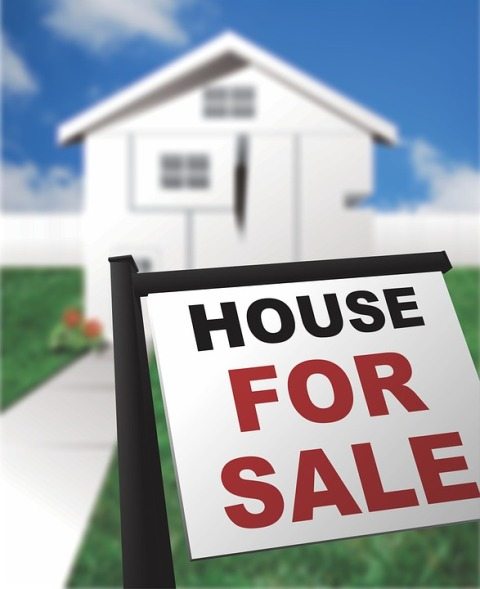BC Northern Real Estate Board President Breanne Cote says the province’s new home flipping tax could have some unintended consequences.
Organizations such as the BC Real Estate Association estimate the new flipping tax will decrease home sales by between one and two percent over the next three years.
The new legislation states any home sold within two years of purchase will be taxed, with the revenue funding new homes.
However, exemptions to the home-flipping tax will be available to people who face unavoidable life changes, including death and divorce, job relocation or loss, and people who are adding to B.C.’s housing supply.
Cote says the new 20% tax will penalize a lot of those fixer-upper purchases, which is often seen as a positive for the market.
“Those are beneficial to our market because there are a lot of homes that people can’t get conventional mortgages for because they are in really bad shape whereas somebody comes in and flips it, then someone can go in and purchase it to live in it right away.”
“What it is going to mostly affect in our area is people who are going to be purchasing older homes and homes that aren’t even livable condition and need a major renovation, fixing them up, and then selling them for a profit.”
Cote adds the new legislation might lead to more abandoned and dilapidated structures.
“That option is going to be taken away. Who knows what is going to happen and maybe they will sit there empty when they could have been a home for somebody if a small business was allowed to purchase it, fix it up, and sell it.”
“If they are not there to do that, I don’t know how many everyday buyers will be able to want to or have the means to buy those houses.”
The B.C. government expects to introduce the home-flipping tax in the spring and, if passed, it will take effect on Jan 1, 2025.
-files by Brendan Pawliw-MyPGNOW
Something going on in the Cariboo you think people should know about?
Send us a news tip by emailing [email protected].








